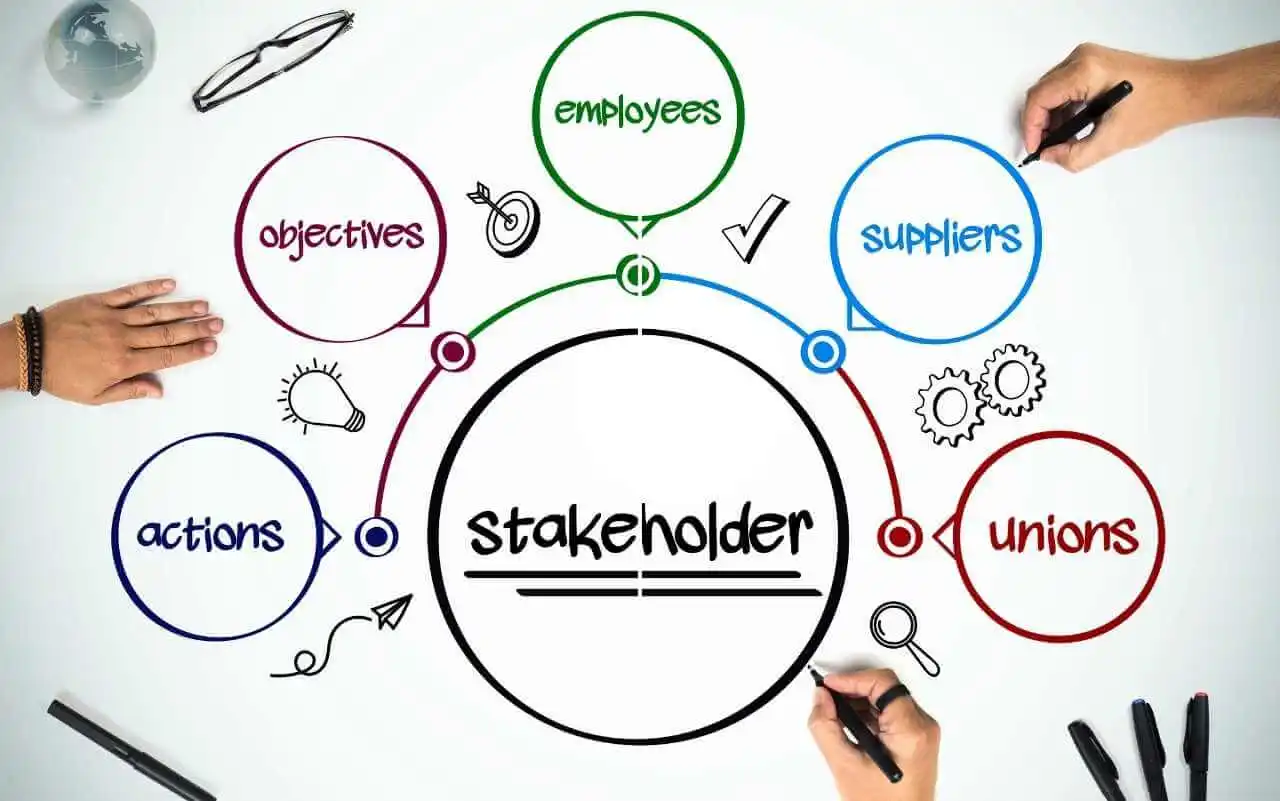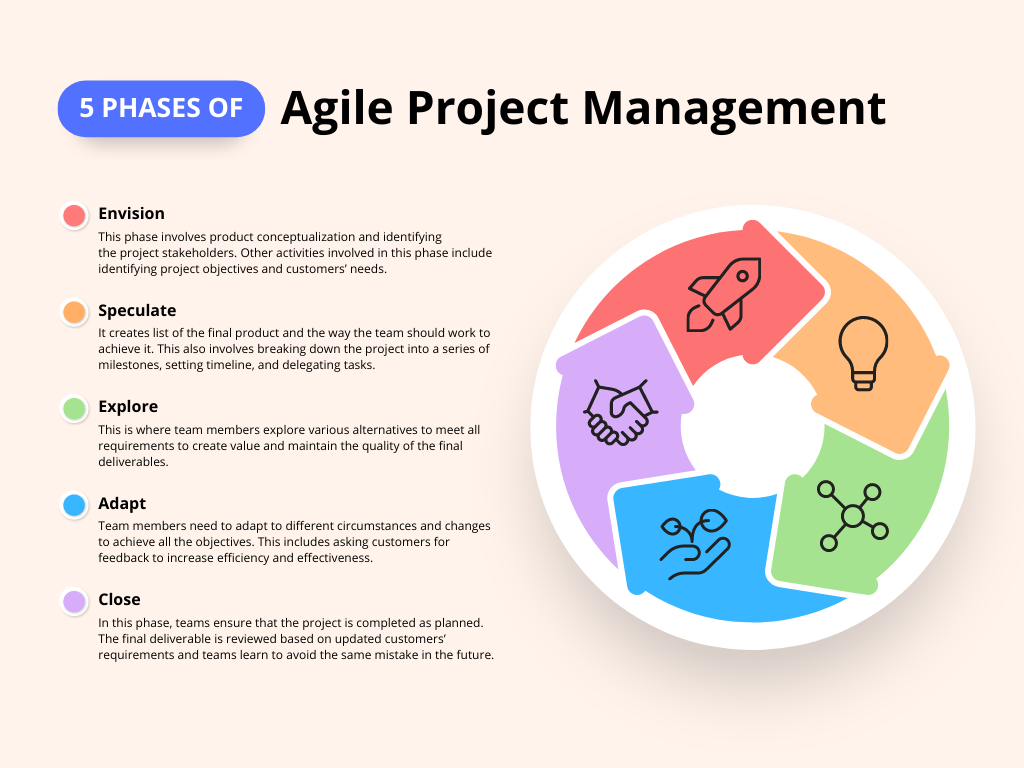Introduction to Career Advancement Strategies
Career advancement strategies are key if you’re aiming to climb the ladder into high-earning roles. It’s all about smart moves and knowing the game. Think of it as a toolbox filled with skills, knowledge, and strategies you use to stand out, impress, and step up in your career. These aren’t just fancy words—these strategies are practical steps like networking, gaining new skills, and understanding your industry better. To put it simply, it’s about making yourself so good they can’t ignore you. Whether you’re eyeing a promotion or a complete career shift, mastering these strategies can be your ticket to the next level. So, let’s get down to business and explore how you can use these strategies to boost your career and break into those high-earning roles you’ve been eyeing.
Understanding High-Earning Roles and Their Requirements
High-earning roles often need more than just hard skills; they require a certain mindset. To start, you’ve got to understand what these roles are. We’re talking about positions in tech, finance, healthcare, and leadership across various industries. These jobs don’t just pay well; they come with responsibilities that can impact a business or project significantly. The key requirements? A blend of solid technical skills or specialized knowledge, leadership qualities, and the ability to think strategically. These roles often demand a bachelor’s degree at a minimum, but what sets candidates apart is relevant experience, certifications, and sometimes an advanced degree. To sum it up, if you’re aiming for a high-earning role, prepare to show not just what you know but how you can lead and innovate.
Setting Clear Career Objectives
Know what you want. Sounds simple, right? But many people skip this step. Setting clear career objectives is fundamental. You can’t hit a target you can’t see. Start by asking yourself where you want to be in five, ten, or even fifteen years. What kind of job do you want? What skills do you need to get there? Be specific. Instead of saying, “I want a good job,” aim for “I want to be a senior developer at a tech company making over $100k a year.” Once you have your goals laid out, break them down into smaller, manageable steps. This could involve taking certain courses, gaining specific experience, or networking with people in your desired industry. Remember, clarity is power. The clearer your goals, the easier it will be to work towards them and achieve that high-earning role you’re aiming for.
The Importance of Continuous Learning and Skill Development
In today’s fast-paced world, sitting still won’t get you far, especially when you aim for those top-tier, high-earning roles. To break into these positions, you’ve got to be on a continuous learning curve. Think of your career as a video game, where leveling up requires mastering new skills and gathering knowledge. It’s not just about what you know now but how you’re planning to expand that knowledge. Continuous learning and skill development ensure you remain competitive and relevant in your field, which is crucial given how quickly technology and business practices evolve. By committing to lifelong learning, you’re signaling to potential employers that you’re proactive, forward-thinking, and adaptable – key characteristics for landing a high-earning role. Remember, in the career game, those who stop learning start losing. So, gear up, stay curious, and keep learning. This isn’t just about adding new titles to your resume; it’s about becoming the best version of your professional self.
Networking: Building Professional Relationships
To break into high-earning roles, networking is your secret weapon. Think of it as building your team in the professional world. Start by reaching out to people in the field you’re interested in. Use LinkedIn or attend industry events to meet these key players. It’s all about making genuine connections. Talk to them. Listen more. Ask questions about their journey. And remember, it’s not just about taking; it’s about giving back too. Maybe you can offer your skills or help in some way. This mutual exchange keeps the relationship balanced. Over time, these connections can open doors to opportunities that were previously out of reach. They might introduce you to a hiring manager, recommend you for a position, or provide insights that help you stand out. Networking isn’t a one-off task; it’s an ongoing process. Keep in touch with your contacts, even if it’s just a quick check-in or sharing an article they might find interesting. It’s these small gestures that keep the relationship alive and show you value their connection. So, step out there. Start building your network today.
Leveraging LinkedIn for Career Advancement
LinkedIn isn’t just a place to connect with old classmates or scroll through job postings. If you’re not using LinkedIn to its full potential, you’re missing out. Here’s how you can weaponize LinkedIn for career advancement. First, polish your profile. Make it so compelling that anyone who stumbles upon it wants to know more about you. Use a professional photo, write a sharp summary, and flesh out your experience with achievements, not just job duties. Next, network like a boss. Connect with industry leaders, engage with their posts, and don’t shy away from starting conversations. Remember, it’s not who you know; it’s who knows you. Lastly, share your own content. By posting articles, insights, or even thoughtful comments, you position yourself as a thought leader. This not only increases your visibility but also showcases your expertise to potential employers. Start seeing LinkedIn as your career advancement tool, and you’ll unlock doors to high-earning roles faster than you thought possible.
The Role of Mentorship in Climbing the Career Ladder
Finding a mentor can be a game-changer when you’re aiming to move up in your career. Think of it as having a guide who knows the ropes, someone who’s been where you’re headed and can offer insights you might not find on your own. A good mentor does more than just share advice; they can open doors, introduce you to the right people, and even help you navigate tricky workplace situations. The trick is to find someone whose career path you admire and who’s willing to invest time in your growth. This doesn’t just happen. You need to be proactive, reach out, and sometimes be a bit persistent. Remember, the value of a solid mentoring relationship often goes both ways. Your eagerness to learn can rekindle your mentor’s passion for their work, making it a win-win. So don’t underestimate the power of mentorship in climbing that career ladder. It’s not just about hard skills and qualifications; who you know and who’s got your back plays a huge role too.
Crafting a Stand-Out Resume and Cover Letter
Crafting a killer resume and cover letter is your first step to catching an employer’s eye and stepping into a high-earning role. Keep it straightforward but impactful. Your resume should shout, “I’m the one you need!” without you being there to say it. Start with making sure your resume is clean and professional-looking. Stick to one page if you can. Highlight your achievements, not just job duties. Numbers talk louder than words – if you increase sales by 20%, say it. Tailor your resume for the job you want, not the jobs you had. This means customizing your skills and experiences to match the job advert. Now, your cover letter is where you can show a bit of personality. It’s your chance to explain why you’re the perfect fit for the job. But keep it concise. Three paragraphs max. First, grab their attention. Next, pinpoint why you’re a great match for the role. Wrap up by expressing your excitement about the opportunity. Remember, employers sift through piles of applications. Make yours impossible to ignore.
Interview Techniques That Win High-Earning Positions
To snag that high-earning role, your interview game needs to be on point. First, understand the company inside out. Know its mission, the challenges it faces, and how your role fits into its big picture. This will demonstrate that you’re not just there for the paycheck but are genuinely interested in contributing to its success.
Next, practice your storytelling. High earners know how to present their experiences as compelling narratives that highlight their problem-solving and leadership skills. Instead of just listing your past job duties, focus on specific instances where you made a significant impact.
Confidence is key, but there’s a fine line between confidence and arrogance. Walk into that interview with your head held high, ready to tackle any question thrown your way, but always remain humble and open to learning.
Lastly, remember to negotiate your salary. High earners don’t shy away from this. They do their homework, know their worth, and communicate it effectively. They don’t settle, but they also know how to negotiate respectfully and professionally.
Employ these techniques, and you’ll significantly increase your chances of landing that high-earning position.
Summary and Moving Forward with Your Career Strategy
Remember that knowledge and action go hand in hand to make a real splash in climbing the career ladder. First off, start by mapping out where you want to go. Pinpoint the roles you’re aiming for and break down the steps needed to get there. This could involve additional training, networking, or picking up new skills. Then, set clear, achievable goals. Think bite-size, something you can hit in a month, six months, or a year. It’s not just about dreaming big but also laying down a practical path to get there.
Networking isn’t just a buzzword; it’s your ladder to success. Connect with people already in your dream roles, not just for advice but to make your name known. And don’t shy away from opportunities, even if they seem scary. Sometimes, the biggest career leaps come from stepping out of your comfort zone.
Lastly, keep evolving. The job market doesn’t stand still and nor should you. Keep learning, whether through formal education or self-directed projects. Adaptability is key.
In short, your strategy should be to map, act, network, stretch, and adapt. Follow this, and you’ll be well on your way to breaking into those high-earning roles you’ve got your eye on.








